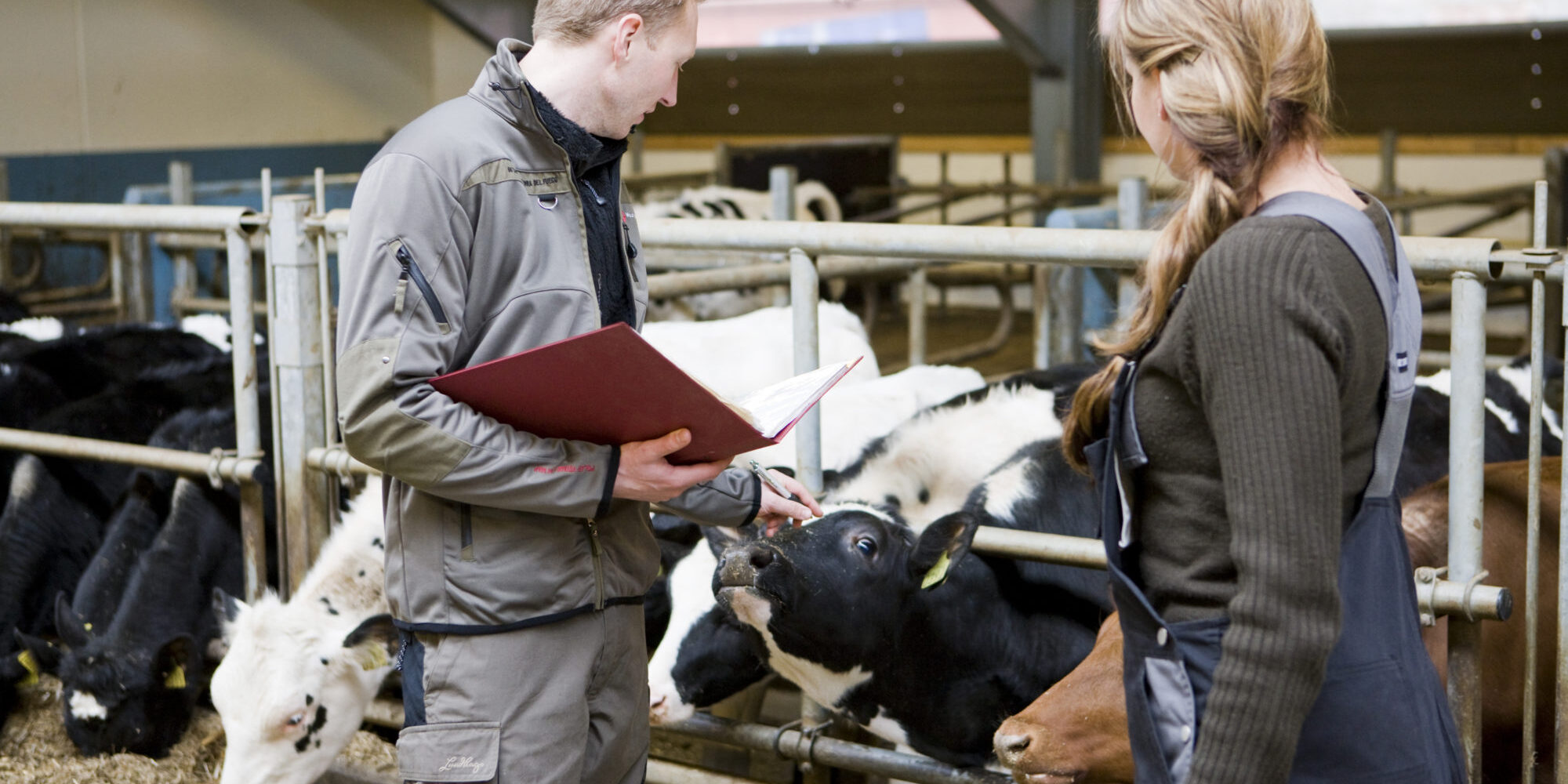
Agriculture is becoming increasingly complex: Improved advice can be part of the solution
Author
Published: 16 July 2024
Last updated: 16 July 2024
Contact persons
Research areas
Share article:
The knowledge and cooperation between the advisers who assist the farmers must be strengthened, researchers conclude.
Agriculture faces a number of challenges, both nationally and globally. Farmers must deal with the impact of climate change, reduce the emission of greenhouse gases, produce more feed and food, and adopt new technology and knowledge.
At the same time, farmers must have reasonable financial benefits from their work. This problem was the starting point for the AgriLink research project.
Stimulating more sustainable agriculture
“The main goal of the project was to stimulate more sustainable European agriculture,” says Gunn-Turid Kvam, senior researcher at Ruralis. “This will be done by increasing knowledge about the role of advisers when farmers make decisions about innovation. It will also happen through strengthening the advisers’ contribution to learning and innovation.
The advisers are mainly private advisers employed by agricultural cooperatives. They can also work at other companies that sell goods and services to agriculture or buy raw materials from agriculture.
Sustainable agriculture simply means producing feed and food in a way that is in line with climate and nature. At the same time, it is important that the farmers and the animals are doing well.
It must pay to be a farmer, not least in order to encourage young people to choose the profession.
Advisers must develop professionally and relationally
Advisers in agriculture have a major task in assisting farmers to meet these challenges. Therefore, they must be given the opportunity to develop both their professional and relational skills, so that they can contribute in a good way.
In addition, the advisory organizations themselves will need to cooperate to a greater extent both among themselves and with other actors.
Agriculture is becoming increasingly complex. It requires experts who collaborate across disciplines so that farmers receive good and holistic advice when major decisions have to be made.
When a farmer is to invest in new and radical technology, there may be a need for advisers with specialist expertise in, for example data, animal welfare, or climate.
The new technology could be a milking robot, drones, precision tools in tillage, or tools for data analysis.
In order to solve challenges for the individual farmer and in agriculture as a whole, it is necessary that these experts work together.
Five areas for better advice
Increased cooperation between different advisory organizations so that agriculture can meet its sustainability challenges is an important recommendation from the researchers in AgriLink.
At a workshop under the auspices of a separate project called MerAgriLink, the participants discussed five areas with the potential for increased cooperation in giving advice to farmers.
The participants were advisers and managers from agricultural cooperatives such as TINE, Nortura, Norsk landbruksrådgiving and Felleskjøpet Agri.
The five areas were:
- Climate advice.
- Animal and farmer welfare.
- Premises and conversion at the farm.
- Data collaboration.
- Training and continuing education for advisers.
In the workshop, the organizations discussed the areas in which they could benefit from more collaboration. They also looked at the ways to achieve this in practice.
The aim of MerAgriLink was to provide key actors in agricultural advice in Norway with organized and more easily accessible knowledge from AgriLink. This makes them better able to contribute with improved advice to farmers. Strengthening the collaboration between advisory organizations, both in skills development and advice, is an important contribution, says researcher Egil Petter Stræte of Ruralis.
In addition to carrying out workshops, six notes with recommendations were developed as part of the reinforcing project. They are based on various findings and methods used in AgriLink.
About AgriLink and MerAgriLink
The AgriLink project (“Agricultural Knowledge: Linking farmers, advisors and researchers to boost innovation”) was funded from June 2017 to November 2021 by the EU’s Horizon 2020 research and innovation programme.
The MerAgriLink project, funded by the Norwegian Research Council (no. 333131), had the aim of reinforcing the results from AgriLink by communicating them directly to the target groups in Norway.
This case was first published on forskning.no on 27/05/2024.
Author
Published: 16 July 2024
Last updated: 16 July 2024


